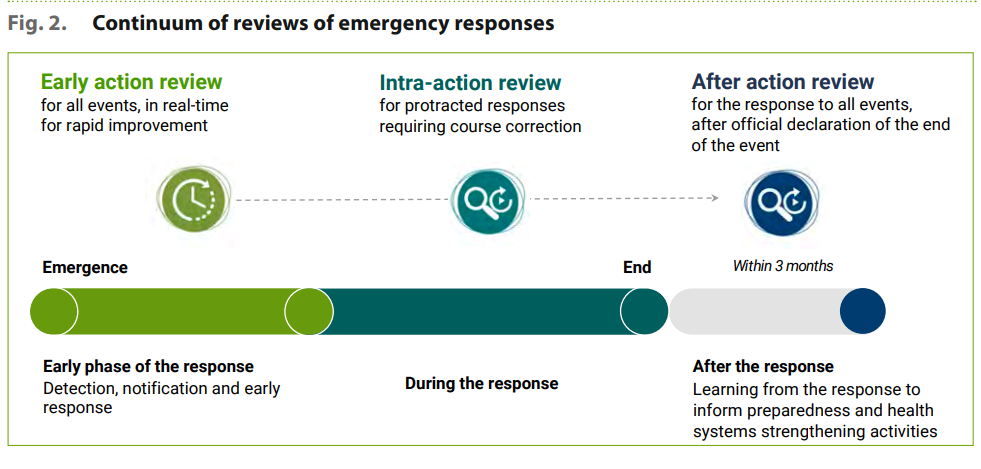🚀 Are we on the brink of a diabetes breakthrough?
A newly developed implantable glucose device from MIT could revolutionize diabetes management, providing an autonomous solution to prevent life-threatening hypoglycemic episodes. This innovative device combines continuous glucose monitoring with responsive hormone delivery, potentially transforming patient care by reducing the need for constant oversight.
Curious about how this technology could reshape diabetes outcomes and healthcare economics? Dive into the full article for a closer look!
#SyenzaNews #HealthTech #HealthEconomics #Innovation





